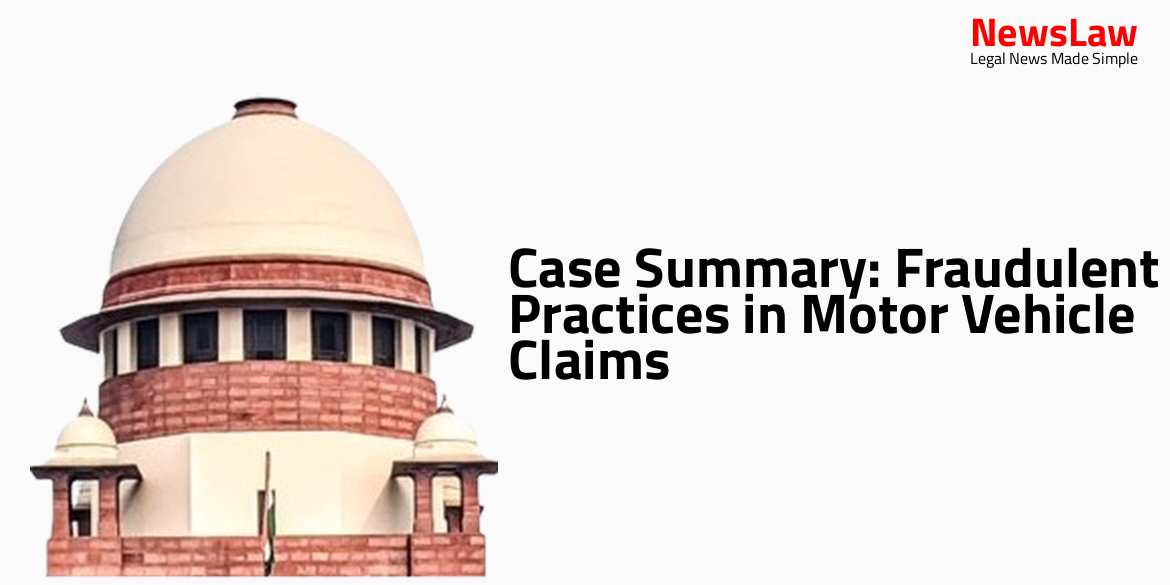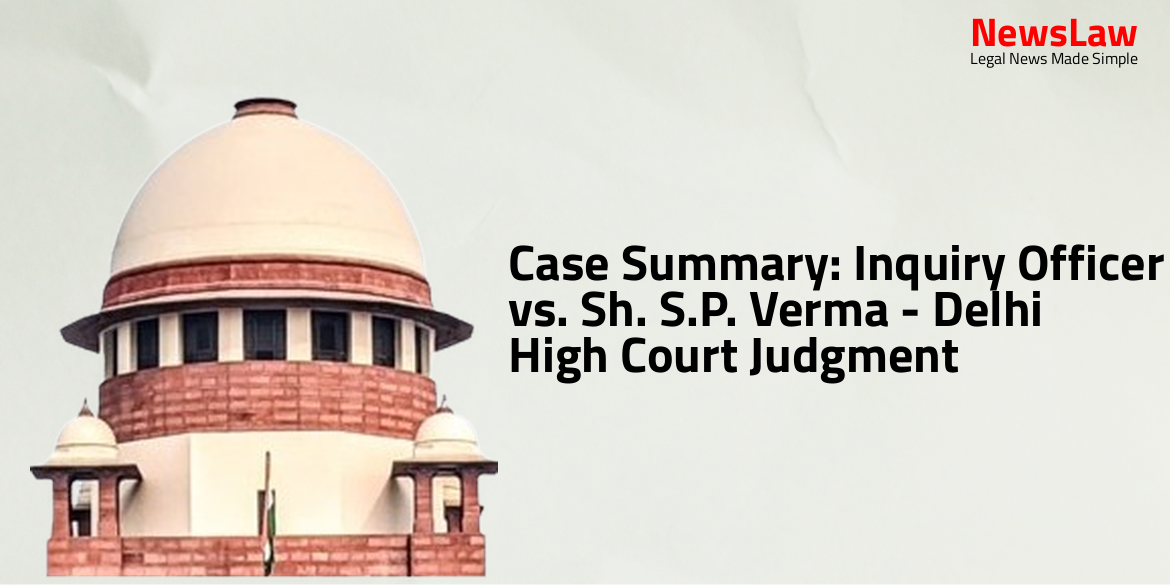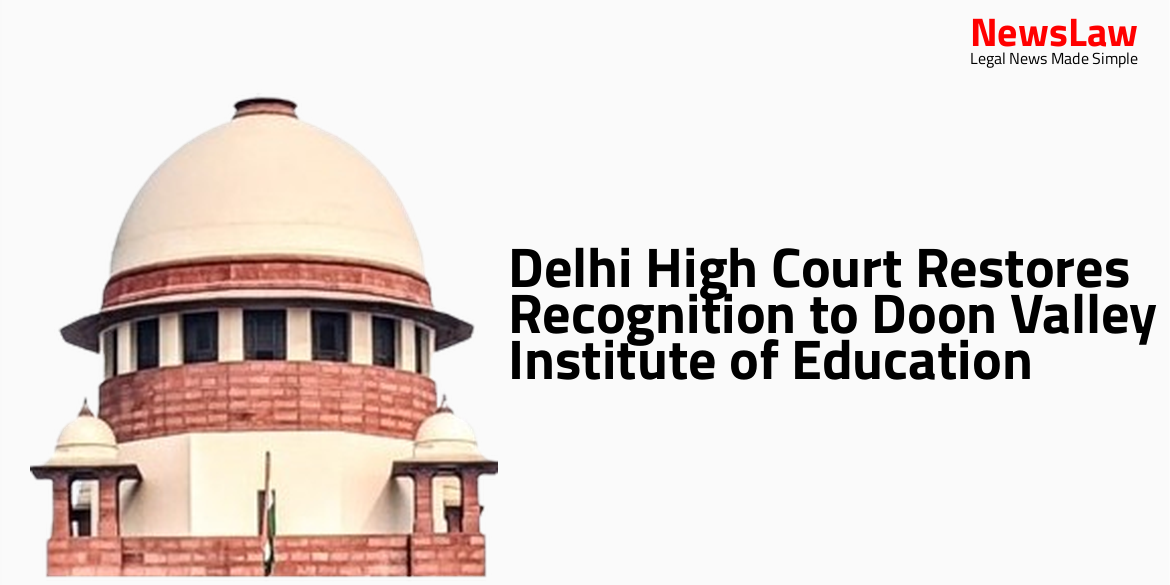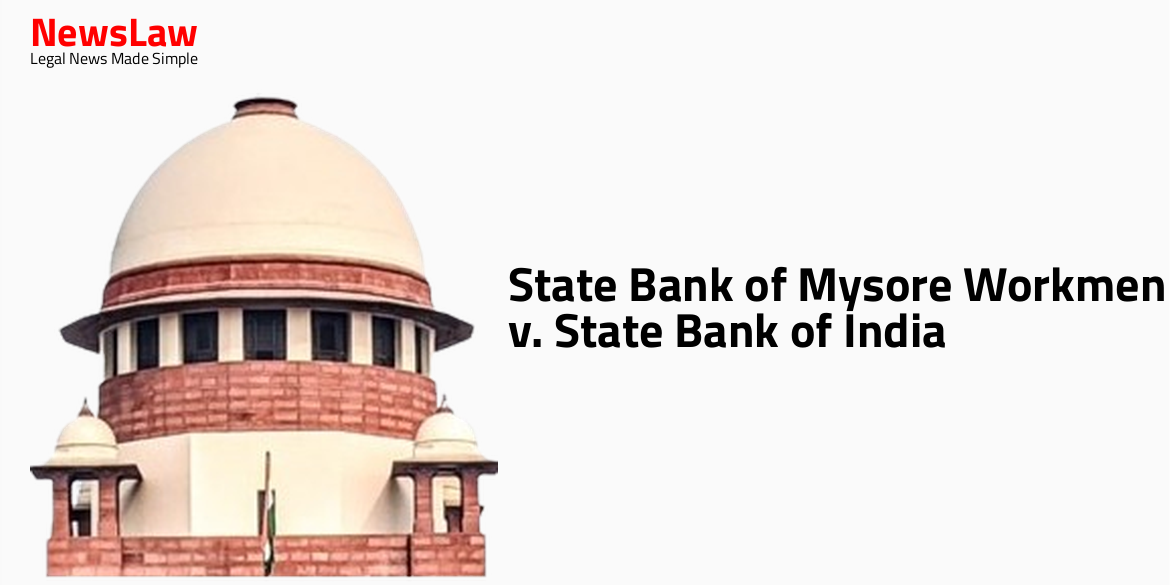In a recent legal case concerning fraudulent practices in motor vehicle claims, the Delhi High Court has addressed the prevalence of fake cases and the need for vigilance within the system. The case sheds light on issues related to seeking compensation from insurance companies and relevant authorities. Stay tuned for a detailed analysis of the judgement and its implications.
Facts
- The accident took place on 13.07.2019, involving a bus driven by Paramjit Singh in a rash manner.
- A passenger, Geeta Devi, died in the accident due to the bus catching fire, while others sustained serious injuries.
- FIR No 306/2019 under Sections 279/304-A/337/338 IPC was registered at PS Thanesar Sadar, Kurukshetra.
- The claim petition was filed on 22.04.2022, almost three years after the accident.
- Details provided include the driver’s residence in VPO Jhanjoti, Tehsil Ajnala, Amritsar, and the owner’s residence in Village Gurha Singh Chak Shaman, Jammu.
- The office of Oriental Insurance Co. Ltd. is located in Jammu180001.
- 89 fake claim cases have been filed, with 29 already decided and compensation paid, and claims for over Rs. 6 Crores still pending.
- The Hon’ble Supreme Court expressed concerns about fake claims under the Motor Vehicles Act, directing Registrars of High Courts to investigate doubtful cases.
- An alarming situation of fake claims has been noted, prompting actions in different states.
- Practices of stretching jurisdiction for filing claims and instances of malpractices by advocates have been observed, leading to investigations and legal actions.
Arguments
- Modus operandi of advocates for filing fake cases under Motor Vehicles Act and Workmen Compensation Act discussed at length.
- Points highlighted include: Non-road accident injury-death converted into road accident claims, fraudulent implantation of vehicle, false implantation of driver, claimant implantation, multiple claims at various fora for compensation, fake/fabricated insurance policies, fake/fabricated income documents/medical documents for exaggerated compensation.
- Claim applications filed before various MACT Tribunals and authorities under the Employees Compensation Act, 1923.
- Emphasis on the prevalence of fake cases and the need for vigilance within the system.
- Issues related to fraudulent practices in seeking compensation from insurance companies and other relevant authorities.
Analysis
- The Tribunal dismissed the claim petition due to it being filed after Two Years and Eleven Months of the accident without essential documents.
- The Tribunal raised suspicions regarding the correctness of the version presented as critical documents were not filed.
- Several suggestions were made by the Amicus Curiae to expedite and streamline motor vehicle claim adjudication.
- The Court proposed a set of directions for police authorities, Claims Tribunals, insurance companies, Parliament, and the Central Government.
- Instructions were issued to police authorities and Claims Tribunals to comply with specified provisions of the Motor Vehicles Act.
- Concerns were raised regarding connivance in filing fraudulent claims for illegal money in unknown motor accident cases.
- Cases related to fake persons, fictitious accidents, and the filing of multiple petitions were highlighted.
- The need for diligent evaluation of claims and the importance of following suitable summary procedures were stressed.
- Steps to be taken by police stations and Tribunals for streamlined handling of accident claims were outlined.
- Required documents and information, such as AIR, charge-sheet, and mechanical inspection reports, were found to be missing, leading to adverse inferences.
- Specific examples of fraudulent practices in filing compensation petitions were provided for better understanding.
- The Police and Motor Accidents Claims Tribunals have failed to implement mandatory provisions of the Motor Vehicles Act.
- The Central Motor Vehicle Rules, 1989 prescribe the form of the Police Report required under section 158(6) of the Act.
- The need for implementing the provisions of Section 158(6) was emphasized by the court in the case of General Insurance Council v. State of A.P.
- State Governments and Union Territories were directed to ensure compliance with Section 158(6) and Rule 150 by instructing police officers and conducting periodical checks.
- The Court raised concerns about the mismanagement of compensation funds meant for accident victims and their families.
- The appointment of an Amicus Curiae was requested to find solutions to ensure timely compensation.
- Strict action was advised against officials who fail to comply with the provisions of the Motor Vehicles Act.
- Amendment Act 54 of 1994 made it mandatory to register a motor accident claim within one month of receiving information about the accident.
- Provisions of forwarding accident reports to Claims Tribunals and insurers within thirty days were highlighted.
- Concerns were raised about fraudulent practices in filing compensation claims and siphoning off insurance amounts.
- Police to notify the first date of hearing to victim or victim’s family, driver, owner, and insurer.
- Each claimant submitted on affidavit that they have not filed any petition elsewhere.
- All claimants are permanent residents of Delhi, so there was no issue regarding the jurisdiction of the Tribunal.
- Non-compliance of Section 158(6) of MV Act by the Investigating Officer does not prejudice the claimants in pursuing their claim petitions.
Decision
- Parties to appear before Tribunal on 03.06.2024 for further hearing.
- 11 revision petitions mentioned.
- Previous decision of 2022 set aside.
- No expression of opinion on case merits.
- Applicants to submit relevant documents by next hearing.
- Matter remanded to Tribunal for fresh hearing and proceedings.
Case Title: NARENDRA GUPTA & ORS. Vs. PARAMJIT SINGH & ORS. (2024:DHC:3951)
Case Number: C.R.P.-153/2022



